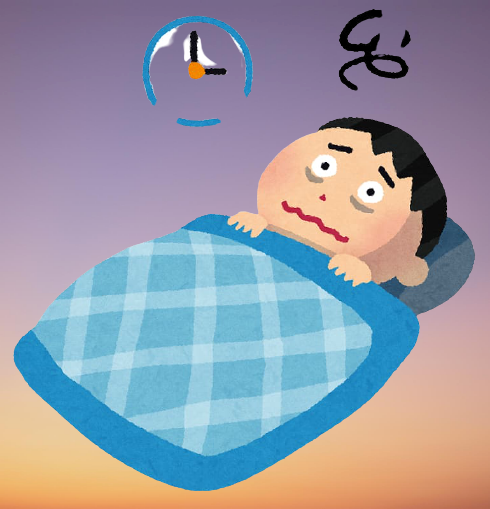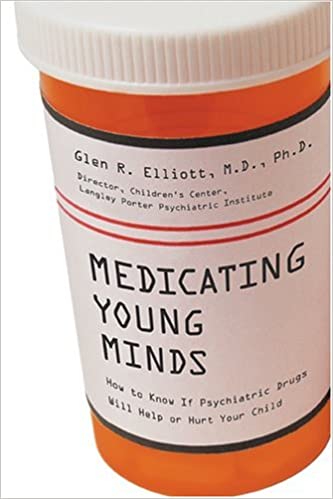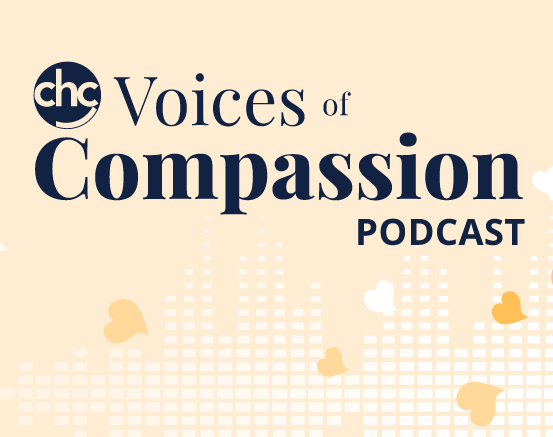
Teens Around the World Are Lonelier Than a Decade Ago. The Reason May Be Smartphones.
Loneliness among adolescents around the globe has skyrocketed since a decade ago — and it may be tied to smartphone use, a 2021 study finds. In 36 out of 37 countries, feelings of loneliness among teenagers rose sharply between 2012 Read more >>











